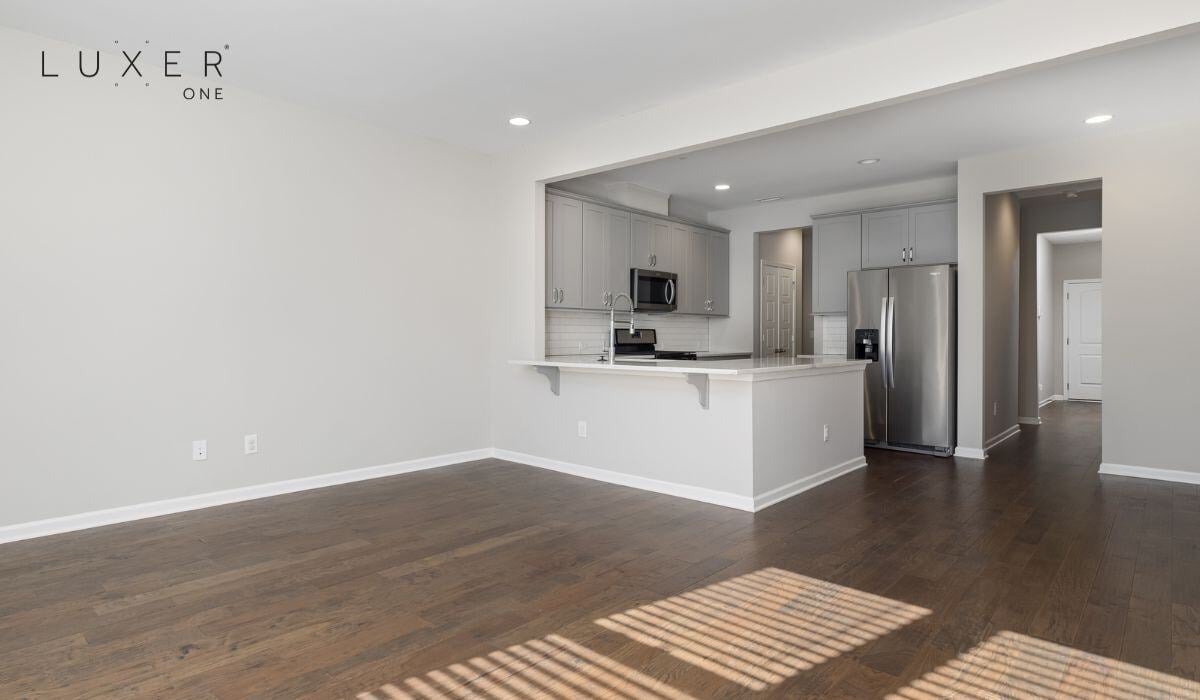As the multifamily industry evolves, property managers are navigating a complex landscape shaped by shifting economic forces, technological advances, and regulatory changes. Let’s dive into five key challenges managers are expected to face in 2025 and explore strategies for overcoming them.
1. Package Management Hurdles
The global B2C ecommerce market reached $4.8 trillion in 2023 and is expected to grow to $9 trillion by 2032. A growth rate of 7% is anticipated over the next 3 years alone! With the surge in e-commerce, multifamily properties are facing unprecedented challenges in package management.
With the rise of e-commerce, the flood of packages delivered to multifamily communities has become overwhelming. Property managers report spending hours organizing and distributing deliveries, detracting from more critical tasks.
Inefficient package management not only impacts operations but also diminishes resident satisfaction. Smart lockers and automated package rooms—like those offered by Luxer One—are emerging as essential solutions, helping streamline this process and improve the resident experience.

2. Rising Rents, Turnover, and Vacancy Rates
The economic pressures of 2024 are continuing into 2025. Although rent growth has slowed, some markets are still experiencing high vacancy rates due to oversupply and shifting demand. Turnover remains high as residents seek more affordable options.
Reports suggest that nearly 41% of metro areas saw rent declines in 2024, forcing managers to become more creative with renewal incentives and to prioritize fee transparency to maintain occupancy.
Increasing resident retention was the overarching topic at Apartmentalize this year with a focus on bringing residents value while remaining budget-conscious. Many companies offering premium amenities, such as Luxer One Smart Lockers, are now focusing on budget-friendly solutions to allow property managers to increase resident satisfaction with must-have solutions.

3. Employee Burnout and Staffing Shortages
Multifamily operators continue to struggle with employee retention, as burnout and staffing shortages persist. A recent industry survey found that rising operational costs, including a 7.1% increase in general expenses, contribute to heightened stress among property staff.
Implementing centralization strategies—such as outsourcing non-core services or using technology to automate daily tasks—can help alleviate pressure on property teams and improve job satisfaction.

4. Rapidly Changing Technology
Technology adoption in the multifamily space has accelerated, with the rise of artificial intelligence (AI) and automation reshaping operations. While these tools promise increased efficiency, they also require significant investment and training.
Many property managers are opting for hybrid models that combine strategic partnerships with new tech solutions. By focusing on building resident-centric services through technology, managers can differentiate their properties while controlling operational costs.
Implementing new technologies can be daunting but advancing with the times is vital to growing your community. Efficient and user-friendly solutions not only increase staff productivity, but boost resident retention by improving community value.

5. Navigating Government Regulations
New and evolving regulations are also shaping the industry. Efforts by the U.S. government to regulate “junk fees” are prompting property managers to be more transparent with ancillary charges.
This push for greater disclosure aligns with residents’ demands for fairness and clarity in pricing. At the same time, new rent control measures being explored in some markets add another layer of complexity to rental pricing strategies.

In 2025, property managers face a blend of operational challenges and opportunities. Tackling package management, rising costs, and burnout with the help of centralized processes and innovative technology will be critical for success.
By staying proactive and adaptive to change, managers can improve both operational efficiency and resident satisfaction. As regulations evolve, transparency and flexibility will remain essential pillars of sustainable property management.
A Comprehensive Solution
Managing packages, resident needs, and staff workloads is becoming increasingly complex for property managers. Automating tasks like package handling reduces burnout, improves operational efficiency, and boosts resident satisfaction—key factors in reducing turnover and vacancies in a competitive market.
.jpg)
Staying ahead with streamlined technology also helps properties adapt to evolving regulations and meet rising resident expectations. The advanced package management locker and room solutions from Luxer One simplify operations, save time, and support compliance with new transparency standards.
Ensure smoother operations and happier residents with Luxer One’s Smart Locker solutions.
Get started today!





